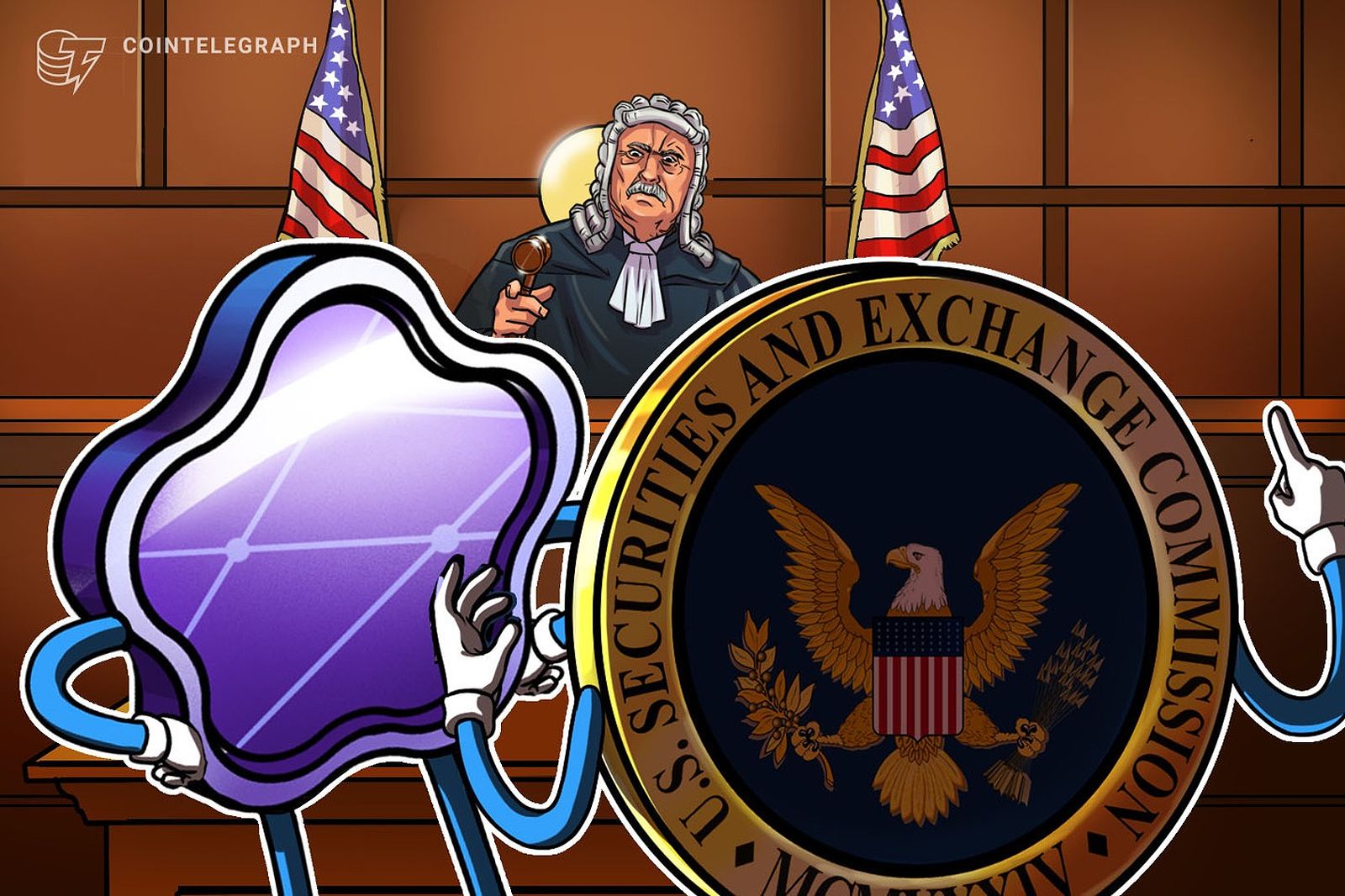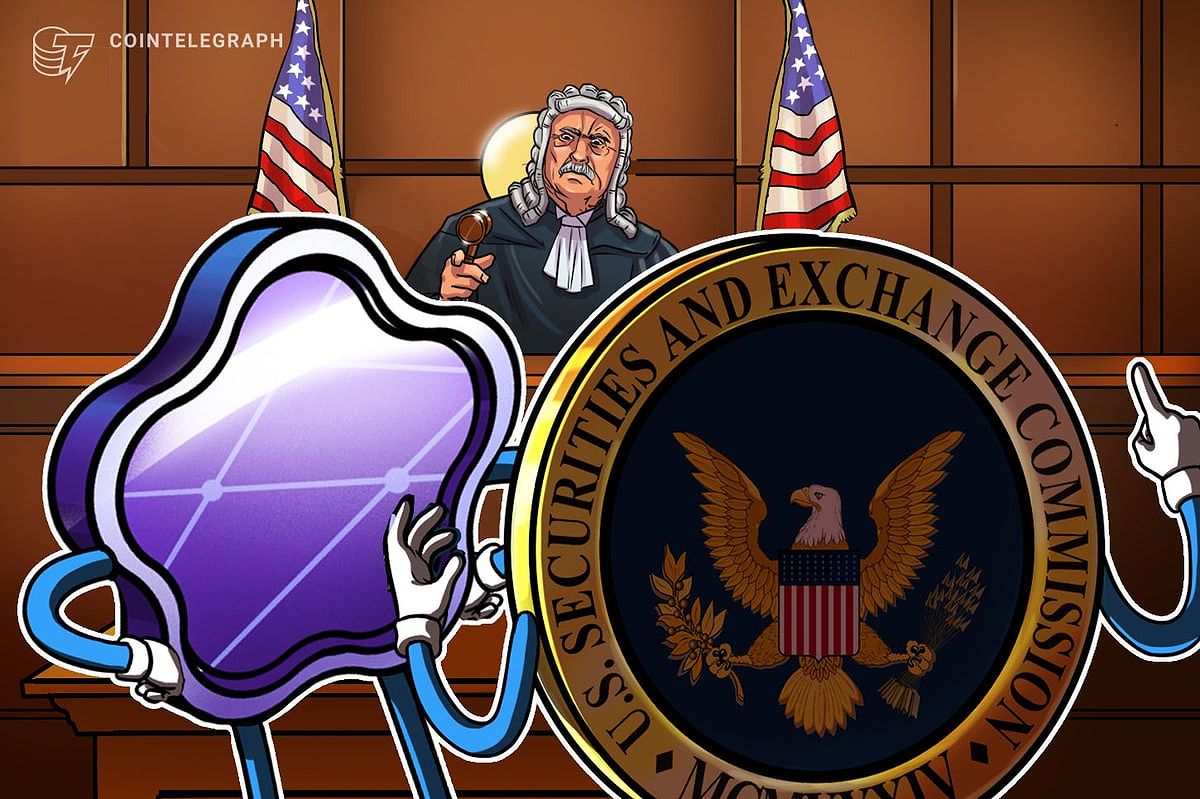In the rapidly evolving world of NFTs, artists and creators are finding themselves at a crossroads, grappling with the implications of the Securities and Exchange Commission’s (SEC) increasing scrutiny. This article aims to shed light on the SEC’s current stance regarding NFTs, exploring the challenges and opportunities that lie ahead for artists navigating this complex landscape.
The SEC’s Heightened Focus on NFTs: A Regulatory Perspective
The SEC has begun to cast a watchful eye over the NFT market, raising concerns about the classification of these digital assets as potential securities. This shift in focus stems from the recognition that NFTs can be utilized as investment vehicles, prompting the SEC to prioritize investor protection. A notable case that exemplifies this trend is the SEC’s action against Impact Theory, a popular YouTube channel and podcast. The agency alleged that the company was offering unregistered securities in the form of Founders Key NFTs, illustrating its readiness to investigate NFT projects that might fall within its regulatory scope.
Deciphering the SEC’s Definition of a Security: Implications for NFT Creators

Understanding the SEC’s definition of a security is essential for NFT artists as it directly influences their creative pursuits. The Howey Test, a widely recognized standard for determining whether an investment qualifies as a security, evaluates several factors: the investment of money, the existence of a common enterprise, and the expectation of profits derived primarily from the efforts of others. While many NFTs are often marketed as digital art or collectibles, the SEC may classify certain NFTs as securities if they meet the Howey Test criteria, raising significant implications for artists.
A Legal Challenge to the SEC’s Perspective: NFT Artists Unite
The ongoing debate surrounding NFT regulation has gained momentum, particularly with a recent lawsuit initiated by Brian Frye, a law professor, and Jonathon Mann, a songwriter. This legal challenge confronts the SEC’s approach to NFTs, arguing that its stance endangers the livelihoods of artists and creators. The plaintiffs contend that the SEC’s broad interpretation of NFTs as securities could stifle innovation and creativity in the NFT space. Drawing an analogy to concert tickets, they argue that it would be unreasonable for the SEC to categorize such tickets as securities, underscoring the potential absurdity of over-regulation in the arts.
The Dual Impact of NFT Regulation on Artists
The SEC’s scrutiny of NFTs brings forth a mixture of challenges and opportunities for artists. Should the SEC classify NFTs as securities, artists may face a slew of regulatory hurdles, including the necessity for registration, disclosure obligations, and potential legal liabilities. Such requirements could hinder the NFT market and limit artists’ ability to freely create and sell their work. However, the introduction of clear and consistent regulations could also foster a more stable environment, paving the way for a sustainable ecosystem that benefits artists and creators alike.
Empowering NFT Artists: Staying Informed and Adapting
For NFT artists, staying informed about the evolving legal landscape surrounding NFTs and the SEC’s perspective is paramount. Seeking advice from legal professionals who specialize in securities law and intellectual property can equip artists with the knowledge they need to navigate this shifting terrain. Moreover, artists can take proactive steps to mitigate risks by clearly defining the purpose and utility of their NFTs, ensuring they are not marketed as investment vehicles. This approach can help safeguard their creative endeavors while fostering a clearer understanding of their legal obligations.
Conclusion
The SEC’s evolving approach to NFTs presents a complex array of challenges and opportunities for artists. By comprehending the legal landscape surrounding NFTs, artists can better navigate the current environment and protect their creative pursuits. Through continued education, seeking legal guidance, and advocating for transparent regulations, NFT artists can contribute to a thriving and sustainable ecosystem for their artistic expression. In this ever-changing world, collaboration and community support will be vital as artists adapt to the new realities of NFT regulation.

